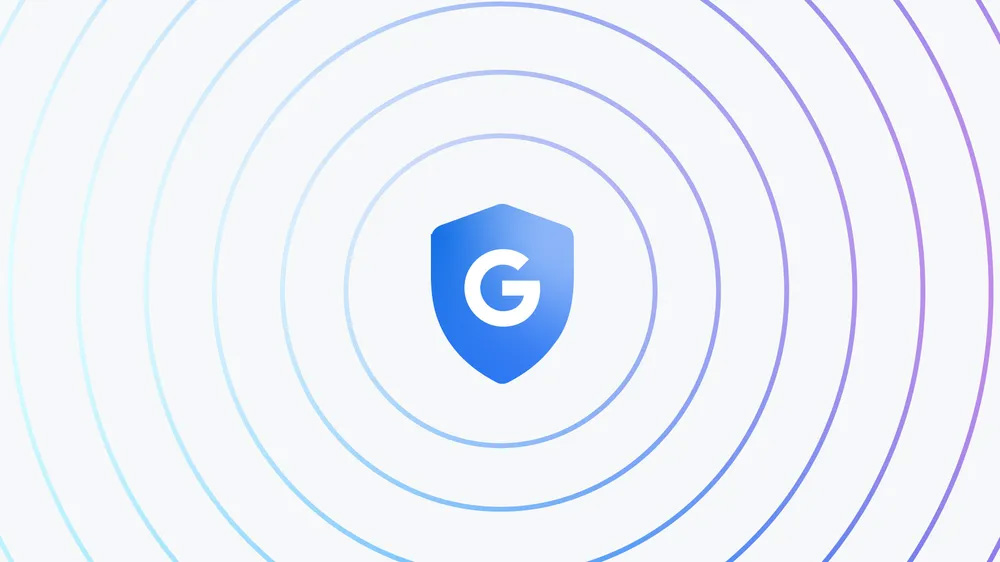If you own Meta Ray-Ban glasses, you'll notice the app that used to be on your phone is being replaced. Or, rather, it has changed. The Meta View app suddenly became Meta AI on Tuesday. The shift tells a lot about where Meta's glasses — and AI in general — is heading. The change, announced to coincide with Meta's first standalone AI-centric developer conference called LlamaCon, is not surprising at first glance.The new Meta AI app is very much in the vein of Google Gemini, or ChatGPT: Launch it and you'll be able to chat with Meta AI, ask questions, search around for prompt suggestions or viral content, and use it like a conversational app like all the others. Meta CEO Mark Zuckerberg made the announcement via Instagram, adding that Meta AI already has over 1 billion active users a month in its other apps, prompting a push to make a standalone AI app.But Meta is also using the app as the main way to pair and manage its Ray-Ban glasses. Tabs in the app work like the previous Meta View app for managing glasses settings and helping offload photos and videos from the glasses to your phone. This marks a different approach from other companies, but it is a potential sign of how Google and others could approach glasses connection on phones. Watch this: We Saw Android XR In Action: Here's What We Think | Tech Therapy
24:59 AI first and smart glasses second?What interests me about the app's shift is how it's leaning into AI first, now, whether or not you even own a pair of Ray-Bans. You might find yourself using the app just as a phone tool, which is clearly Meta's intention. Maybe later on you discover that glasses work with it, too, and you consider a pair of Ray-Bans later.The glasses now seem like an extension of Meta AI rather than a product that has Meta AI onboard. Even though Meta said it has sold a surprising amount of Ray-Bans, the number of smart glasses out there will never compete with the number of phones. Meta making a play for another compelling phone app looks like a way to try to draw more people into the ecosystem faster than making a pitch to get glasses.Where does this meet VR and AR?The question this also raises is where Meta AI, and its glasses connection, relates to Meta's Horizon app and how it connects to Quest VR headsets. The two apps are tremendously different right now. Horizon is about gaming worlds and Meta's own Horizon avatar-based social hub without very much AI at the forefront. Meta AI pushes generative AI chat and camera-aware services on phone and glasses.The two should meet at some point: Meta's moonshot Orion AR glasses prototype I tried last year demonstrate a blend of gaming, AI assistance and 3D graphics on a pair of spectacles, but current Meta glasses don't even have displays onboard. That should change this fall when Meta is expected to unveil a higher-end pair of smart glasses, possibly priced at $1,000 or more, that have displays and a neural input wristband.The present focus for Meta's smart glasses is clearly evolving AI features, especially as the smart glasses compete with Google's in-development Android XR and its own smart glasses. But Meta AI as an app says a lot about the company's intentions going forward: AI is the product, no matter what form it takes.










